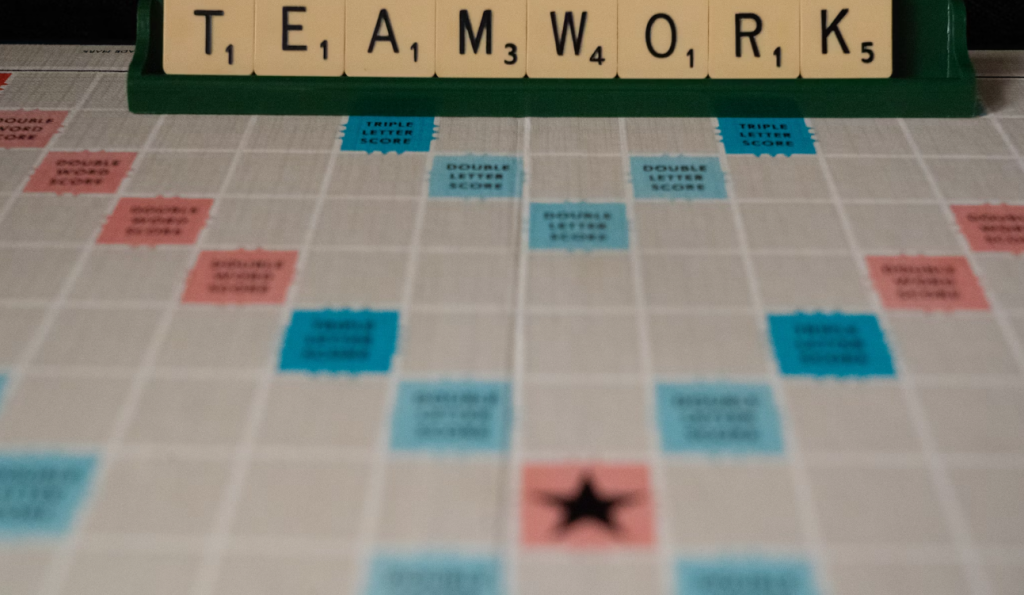So, you know how awesome video games are? I mean, it is the coolest hobby, after all! From action-packed adventures to mind-blowing puzzles, there’s a game for every mood. But have you ever stopped to think about how much time we spend playing games. It’s crazy how they can hook us for hours. Don’t get me wrong, I love exploring new virtual worlds and competing with my friends online, but it feels like time flies when we play. And that’s where things get tricky. Trying to juggle school, work tasks, hang out with friends while also keeping up with our gaming commitments. Let’s get into the reasons why video games are more popular than ever, and how we need to learn the best ways to manage our time, so that we can still enjoy gaming but not neglect the other things in our lives.
Many video games require players to react fast to a swarm of enemies, a fast-hitting opponent, rally racing drifts or a fast passed puzzle game to name a few. This constant need for speedy responses can result in improved reflexes and improved hand-eye coordination. Gamers frequently develop the ability to make split-second decisions and execute specific actions, which can have real physiological responses to tasks that demand agility and co-ordination. Certain video games, in particular the ones from the puzzle genre, inspire gamers to think critically and strategically. Fine motor skills are also developed during a lot of games which can be likened to the use of robotic assisted surgery by surgeons worldwide.

Many online multiplayer games require players to work closely together to achieve in-game objectives. This encourages the development of teamwork and communication skills. As a gamer engages in co-operative play it helps develop teamwork, and how to share ideas, as well as how to plan and adapt to group challenges. This skill serves a great purpose not only in sport, but in school team projects and future team-based activities such as out of school activities like basketball, soccer, work, etc.

This being said, excessive play can have a negative impact on one’s physical and mental well-being. Shared gaming often leads to too poor health outcomes which can lead to issues like obesity and heart disease. It can also lead to isolation and inability to communicate face to face with peers because you become so intrenched with only communicating virtually though the means of your game console, PC or portable device. This can lead to a plethora of mental health conditions.

We have all heard our parents say, “Don’t sit too close to the TV you will get square eyes!” In fact, they are not too far from the truth. Too much screen time can cause eye irritation, eye strain and stress injuries along with sleep disorders and even retina damage. Intense and prolonged use of electronic devises is now being written up in studies suggesting that continued exposure to blue light over time could lead to damage of the retina cells which may cause vison issues as we age. Blue light from screens during late-night gaming also affects sleep patterns by disrupting the body’s natural sleeping rhythm, this impacts you as it can lead to difficulty falling asleep and reduces the quality of sleep and then reduces your daytime energy.

In terms of mental health: addictions, social isolation, depression, and anxiety are all common risk factors to gamers that neglect social responsibilities and real world relationships. Furthermore, excessive play can affect gamers physically by affecting posture, vision and sleep. Even poorly positioned displays can cause players to looking up while gaming which can destroy your back, neck and shoulders and alter the long muscular bones of the spine.

Extensive gaming hours can have serious effects on various aspects of a gamers life. In terms of academic performance, extensive gaming can lead to reduced concentration levels, making it challenging to focus on essential tasks at school of university. This often results in social isolation and a withdrawal from real-world interactions, some gamers may prioritize virtual relationships over face-to-face ones, potentially leading to a decline in overall social well-being. Furthermore, strained family dynamics and the neglect of personal connections can result from excessive gaming, as individuals may prioritize their gaming interests over responsibilities at home or with loved ones, causing conflicts and damaging relationships. Balancing gaming with other life commitments and setting boundaries is crucial to mitigate these negative consequences. No one ever wins when they become addicted to a substance, a food or a lifestyle. Gaming is no exception and needs to be balanced.

In order for players to reduce the impact of such factors they should simply inply some of these strategies: take regular breaks, look away from the screen into the distance. Get up and chat with family and friends, or even just go for a quick shower! It is important to establish a healthy routine around gaming to protect your physical well-being, your eyesight, your sleep and personal hygiene. Excessive gaming disrupts learning, your performance in sport and education, impairs time management skills and have severe consequences for all around you.

Addictive gaming can be very dangerous, very harmful and cause compulsive habitual behaviour. This will then only make it harder for you to stop playing, it triggers your mind to send signals urging you to keep playing or engulf all your thoughts to go back and start gaming. Addictive gaming is no different to a person suffering from nicotine addiction or drug addiction. It consumes every waking moment of your life. Game creators are very clever and deliberately place hidden rewards, self-pleasing and self-fulfilling tasks, goals and achievements like a diamond or coin reward that the mind subconsciously craves. These triggers are self-fulling and trick the mind into wanting to repeat the behaviour hence gaming can turn into a problematic addictive behaviour that strips teens of their relationships when it is not self-regulated or monitored. Finding a balance between gaming and other activities you enjoy is a key to maintaining a healthy balance.
To foster a healthy gaming behaviour, it’s vital to set boundaries by establishing specified gaming hours that fit into a well-rounded game to life balance. Prioritising obligations, spotting the significance of teachers, and relationships, ensures that gaming should not overshadow essential aspects of life. Allocate time for gaming without sacrificing commitments, and actively seek guidance and support by speaking with loved ones about your gaming habits. Diversify your interests with more than a few hobbies and physical activities to keep a balanced lifestyle that enriches your overall well-being.

Setting boundaries, establishing set play hours and prioritizing responsibilities can help lead a well-rounded and rich lifestyle. All gamers should strive to achieve a healthy balance between gaming and the other important aspects of their lives.
